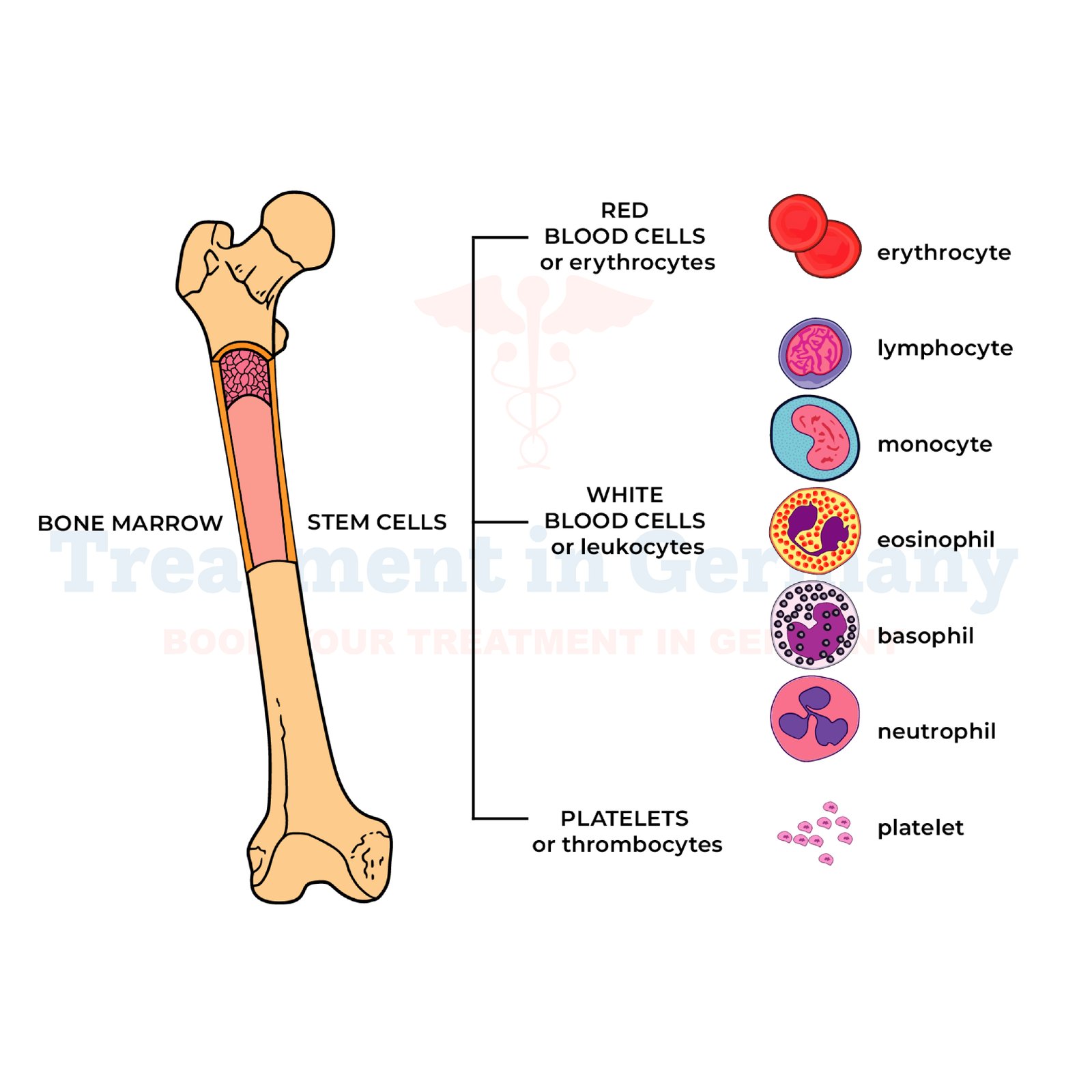What is Myelodysplastic Syndromes (MDS)?
Myelodysplastic Syndromes (MDS) are a diverse group of blood disorders characterized by dysfunctional production of blood cells in the bone marrow. In MDS, the bone marrow fails to produce enough healthy blood cells, leading to low blood cell counts and potential complications. These disorders can range from mild to severe and may progress to acute leukemia in some cases.
Side effects of Myelodysplastic Syndromes (MDS):
The symptoms and side effects of MDS can vary depending on the type and severity of the condition. Common symptoms may include:
How is Myelodysplastic Syndromes (MDS) diagnosed?
Diagnosing MDS typically involves a series of tests and procedures to evaluate blood cell counts, examine the bone marrow, and rule out other conditions. Diagnostic tests may include:
Potential treatments of Myelodysplastic Syndromes (MDS):
Treatment options for MDS aim to manage symptoms, improve blood cell counts, and slow disease progression. The choice of treatment depends on factors such as the patient's age, overall health, and disease severity. Potential treatments may include:
👉 Contact us for further information and receive acomplimentary consultation.


.webp)
 (1).webp)

.webp)
 (1).webp)


.webp)
 (1).webp)

.webp)
 (1).webp)
